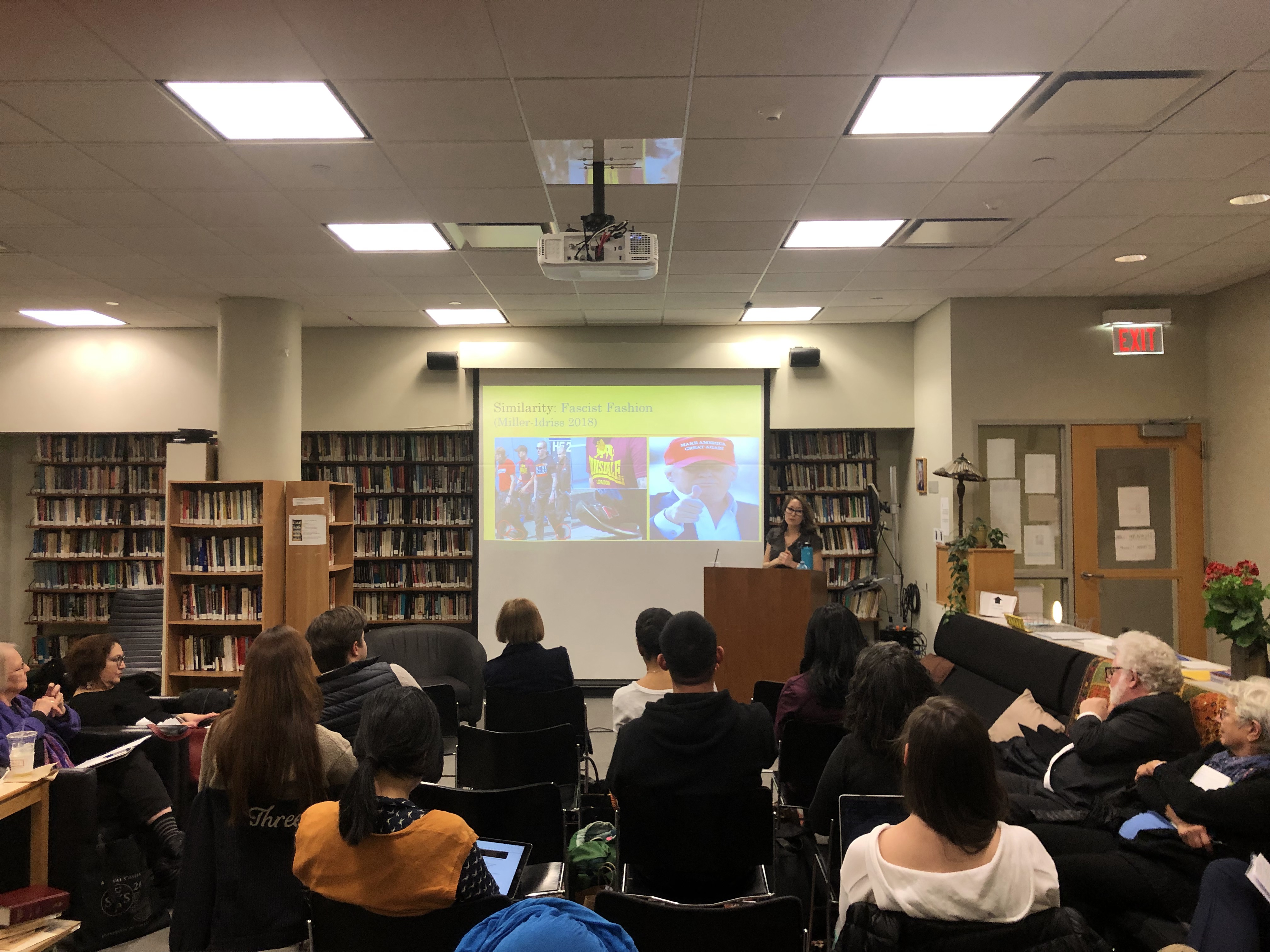Centering Nativist Racism: How Doing So Helps Us Grasp New Forms of Citizenship & Would’ve Predicted Trump
This talk will address how US racism pivots as much on nativist injustices – suffered mostly by Latinx, Asian American Pacific Islander (AAPI), and Middle Eastern ethnics – as it does on injustices specific to Black Americans. Prof. Nadia Kim evidences the point by way of research on Latinx and AAPI immigrant activism, as well as an analysis of the rise of Donald Trump. Although sociology has certainly given a nod to nativistic racism, mostly in relation to the Latinx population, its core theories, frameworks, and methodologies have not centered “the citizenship line”; as such, it has not defined sociology the way the color line has. Yet, the racialized insider/outsider axis has long separated “us white Americans” from the brown brother, terrorist, war-time enemy, socioeconomic threat (e.g., academic threat), exotic seductress, anchor-baby maker, and maternity tourist. As this list of representations reveals, gender, class, and the body are also interrelated with race, and all are vital to the remaking of citizenship by the mostly Mexican and Filipin@ immigrant activists whom Prof. Kim studies in Los Angeles. Not only would a citizenship-centered sociology best grasp their efforts and the implications thereof, but, in my view, would have also predicted the arrival of the Trump era, the other focus of her talk.

